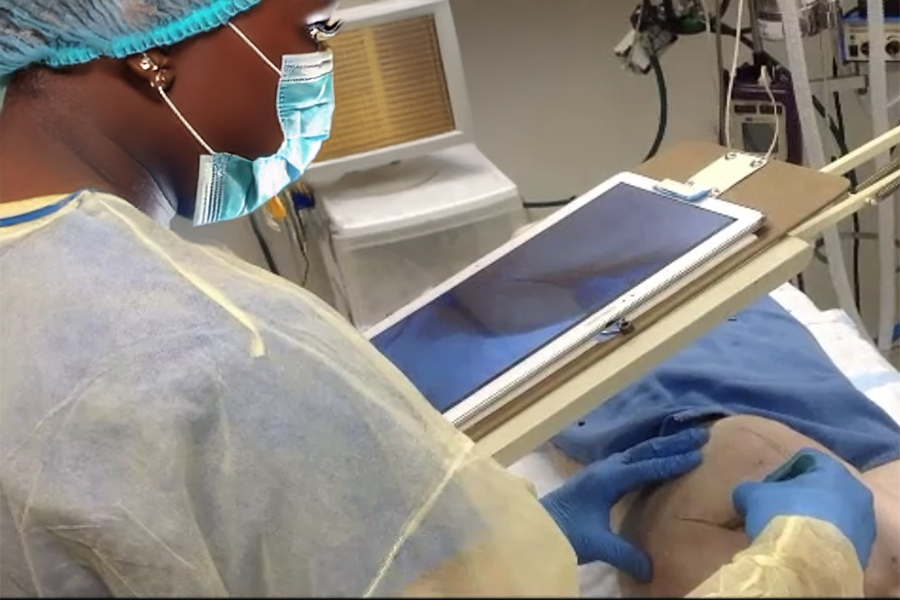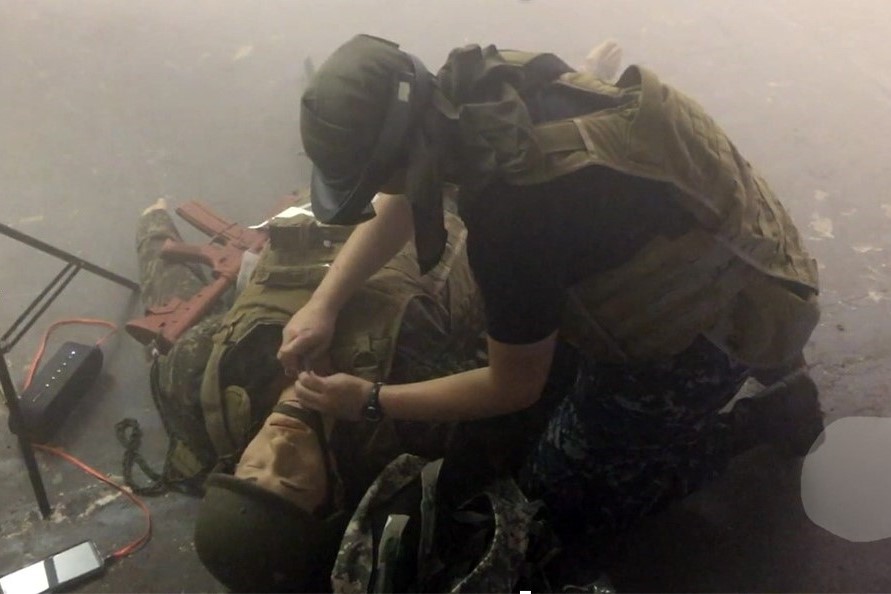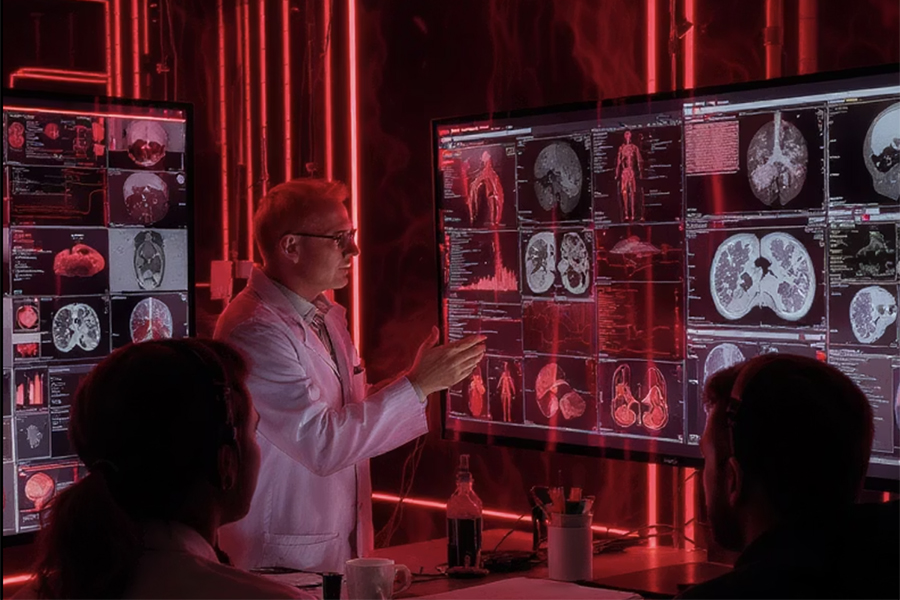Center for AI and Robotic Excellence in medicine (CARE) | Embodied AI
This research priority focuses on integrating artificial intelligence with wearables, cyber-physical systems, and robotics to enhance clinical and surgical performance. By combining innovative technologies with embodied AI systems, the goal is to augment skills, reduce errors, and deliver expert care and training more effectively, rapidly, and widely.
Examples include developing autonomous surgical robotics that integrate with current platforms such as the da Vinci robot, as well as next-generation systems that are lightweight, portable, and quickly deployable, such as the Taurus robots. Ongoing research aligned with this priority includes telementoring and teleproctoring systems within telehealth initiatives.
Telemedicine, when enhanced by AI agents, can complement or substitute human mentors, experts, and proctors. AI can guide medics, first responders, and trainees through verbal instructions, interactive dialogue, or augmented visual cues. Remote medicine may also involve teleoperated surgery, enabling procedures to be performed across hospital rooms, between trauma centers and rural clinics, across continents, or even between Earth and the International Space Station.
A particularly promising area of focus is surgical symbiotic systems, where surgeons and robots operate synergistically as functional teams. Autonomy is introduced when surgical outcomes can be improved through enhanced cognitive support, greater stability and dexterity, higher precision, and extended endurance.
Another frontier involves digital twins—realistic simulations of patients or biological systems that allow testing of drug therapies and surgical procedures without risk to human health. As these simulations grow more sophisticated, they will enable outcome prediction in real time, near-future horizons, or even years into a treatment pathway.
All of these efforts are supported by rigorous mathematical models and biomedical assessments to ensure sustainable, scalable advances in healthcare and surgical systems.







